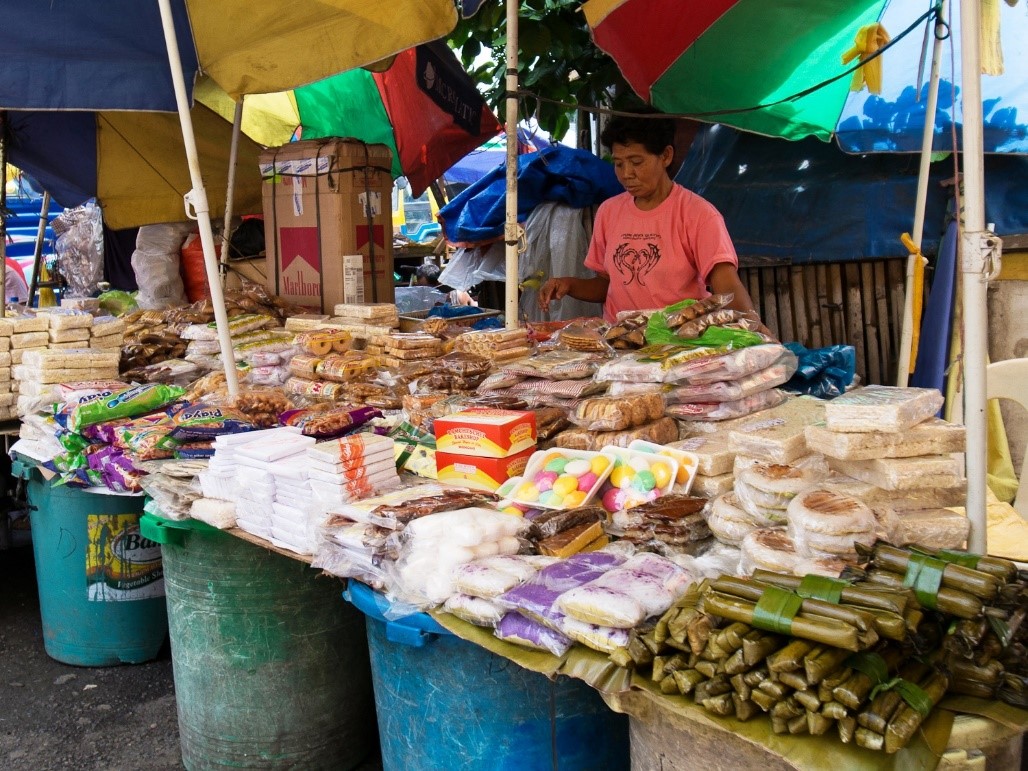
Developing and developed countries vary in many aspects. Some of these include per capita income, technological infrastructure, living conditions, and industrialization. All these factors together impact how packaging is manufactured and supplied in the market.
In this blog, we will focus on packaging trends and practices in developing countries.
A developing country is one with a low human development index and low rates of industrial growth. It is primarily dependent on the service industry for the generation of its income.
Despite unsystematic economical growth, the packaging industry continues to grow in most developing countries due to the increasing demand for the food and beverage market. The discrepancy between global technological progress and industrial development backed by required infrastructure in developing countries is what leads to unmet standards of quality and delivery and ultimately, a dissatisfied population.
When it comes to sourcing raw material as well as a finished product in terms of packaging, more emphasis is on reducing cost and less on ensuring quality. Local suppliers are preferred in contrast to international vendors.
At the production stage, large secondary packages are preferred to make the manual filling process easier and more efficient. Manual processes lead to inconsistencies. Additionally, larger packages increase the risk of damaging contained goods during transport.
Lack of adequate machinery and pallet size standardization in the warehousing stage, and the overall lack of resources to invest in capital-intensive pallet results in inefficient stacking and damaged goods.
In developing countries, national regulations and laws sometimes also tend to curb or limit trade access. The lack of incentive to upgrade to newer and better technology is exacerbated by inadequate support facilities. The inability of the majority of consumers to afford upgraded technology further demotivates packaging designers and manufacturers.
Low-wage, working-class populations are unable to afford bulk packaged food and other necessities.
NEXT STEPS
Historically, food security and widespread hunger have been critical issues within developing countries. An important step in actively combatting this issue would be to reduce food losses. Packaging plays an important role in strategizing this reduction.
While developed countries experience greater losses in the post-retail stage of the supply chain of food, developing countries encounter losses at the production, transportation, and storage stages. This difference is primarily due to varying behaviors and attitudes in terms of affordability and interaction between the product and consumer.
All these factors collectively combined with the large volume of production in the agricultural food sector in developing market economies, therefore, offer a potentially huge market for investment for the international packaging industry.







